Enabling Discovery through Delivery of Care
Democratising Access to Quality Cancer Care
Comprehensive cancer treatment delivered through patient-navigation, expert teams and technology-led coordination across the care continuum.
Expert Panel of 50+ Oncologists
Consult a panel of expert oncologists and specialists for customised treatment plan

Not Sure About Your Treatment?
The Karkinos Advantage





KareMitra, Your Personal Care Companion

Personalised Guidance
Our dedicated KareMitra will understand your needs and connect you with the right specialists and facilities.

Supportive Care
Whether you need assistance with appointments, transportation, or emotional support, your KareMitra is there for you every step of the way.

Continuous Monitoring
We provide continuous monitoring and follow-up care to ensure best possible outcomes.

Patient Navigation
Our KareMitra and trained nurses are always in contact with you to guide you on the next step during your entire care journey.
Our Experts

Head and Neck Oncology, Cochin
35 Years of Work Experience

GI Oncology, Imphal
40 Years of Work Experience

Radiation Oncology,Imphal
34 Years of Work Experience

Radiation Oncology,Cochin
31 Years of Work Experience

Radiation Oncology,Kolkata
20 Years of Work Experience

Gynecology Oncology,Imphal
10 Years of Work Experience

Radiation Oncology,Jalna
9 Years of Work Experience

Surgical Oncology,Kolkata
5 Years of Work Experience
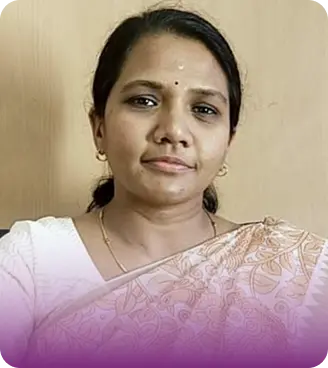
Gynaecology Oncology, Cochin
4 Years of Work Experience
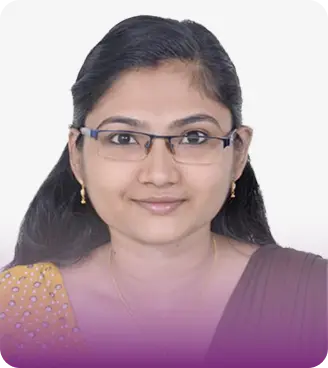
Radiation Oncology,Cochin
4 Years of Work Experience

Medical Oncology,Cochin
2 Years of Work Experience

Radiation Oncology, Cochin
1 Year of Work Experience
Not Sure Yet? Talk to An Expert




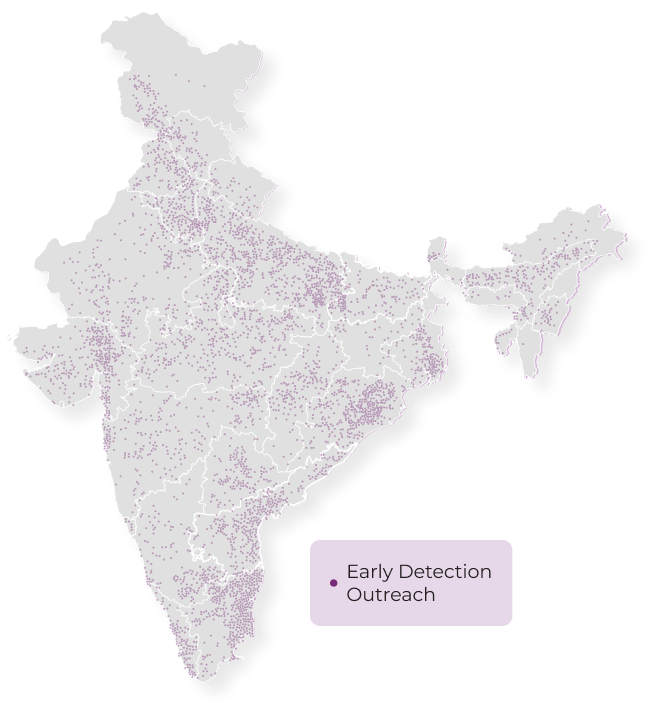
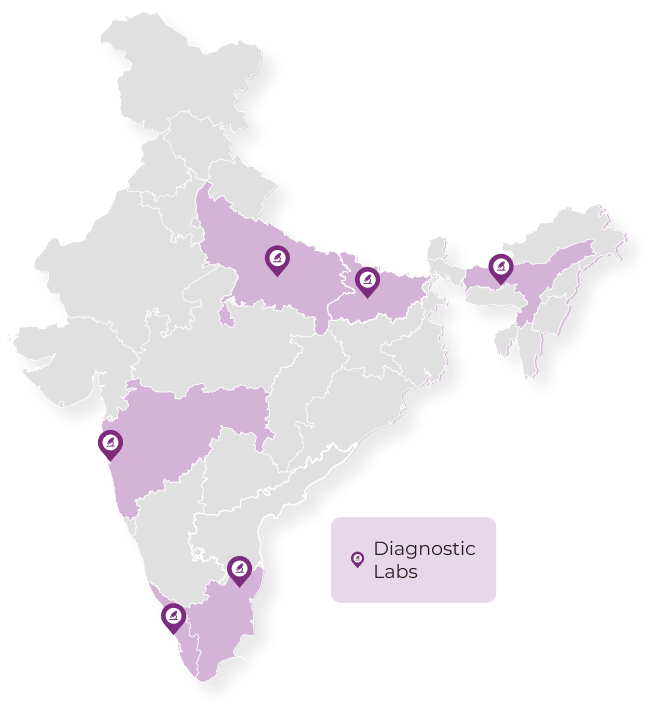
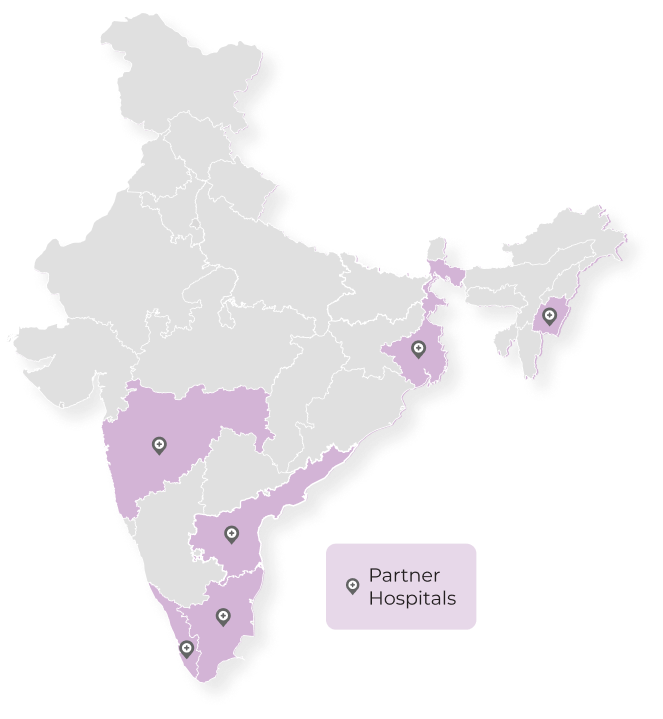
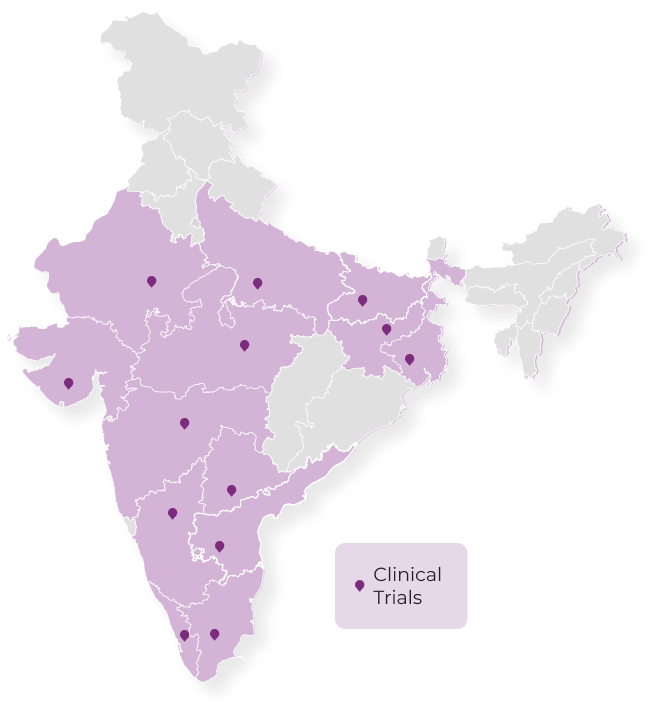
Frequently Asked Questions
Treatment options include surgery, chemotherapy, radiation therapy, immunotherapy, targeted therapy, and hormone therapy.
Chemotherapy is a cancer treatment that uses drugs to kill or slow the growth of cancer cells throughout the body.
Radiotherapy itself is not painful, but it can lead to side effects such as skin irritation or fatigue.
A second opinion involves seeking advice from another medical expert to confirm a diagnosis or treatment plan.
Surgery is often used to remove cancerous tumors and can be curative or used to relieve symptoms.
A balanced diet with plenty of fruits, vegetables, lean proteins, and whole grains can help support your recovery. Consult with a healthcare professional for personalised guidance.
Breast, cervix, ovary, colorectal and lung are among the most common cancers in women.
How important is self-screening?
Your body is made up of many different types of cells. Under normal conditions, cells grow, divide, become old, and die. Then, in most cases, they’re replaced by new cells. But sometimes cells mutate grow out of control, and form a mass, or tumor, instead of dying. Tumors can be benign (noncancerous) or malignant (cancerous). Cancerous tumors can attack and kill your body’s tissues. They can also spread to other parts of the body, causing new tumors to form there. This process is called metastasis and it represents cancer that has advanced to a late stage.
Is there a vaccine to prevent cervical cancer?
C : Change in bowel or bladder habits
A : A wound that does not heal
U : Unusual bleeding or discharge
T : Thickening or lump in the breast or elsewhere
I : Indigestion or difficulty in swallowing
O : Obvious change in a wart or mole
N : Nagging cough or hoarseness of voice
Early Detection of Cancer
• Create awareness about the early warning signs of cancer
• Encourage breast awareness
• Encourage oral self-examination
• Create awareness about symptoms of cervical cancer
• Examine, as a routine, the oral cavity of patients with history of tobacco use
• Offer clinical breast examination/ screening for cervical cancer to any woman over 30 years presenting to health facility.
• Promptly refer any person with a suspicious lesion for accurate diagnosis and treatment
What is an HPV DNA Test?
1. MOHFW, Govt of India: https://main.mohfw.gov.in/sites/default/files/3651434918nccp4_0.pdf
2. India Against Cancer: http://cancerindia.org.in/faqs/
3. Indian Cancer Society: https://www.indiancancersociety.org/cancer-information/
4. Global Cancer Concern India: https://www.globalcancer.org/faq-on-cancer/
5. National Health Mission: https://nhm.gov.in/index1.php?lang=1&level=3&sublinkid=1122&lid=640
What is a mammogram?
—
What are the risk factors for cancer in women?
—








